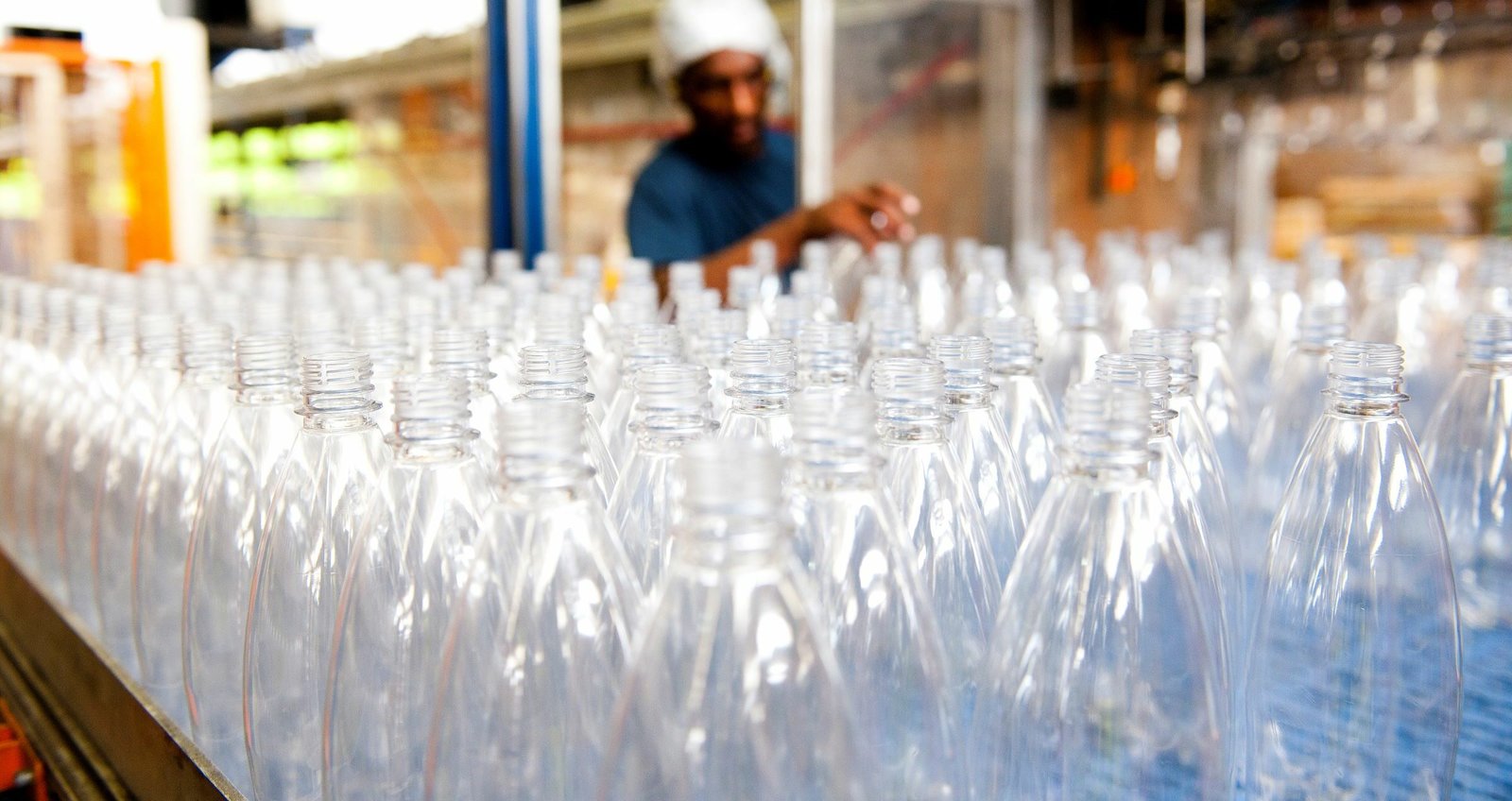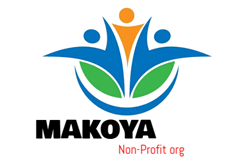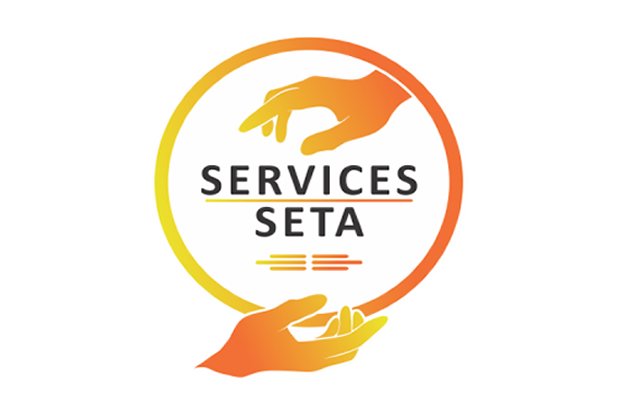
The plastics manufacturing industry in South Africa is a busy and vital sector. It adds a lot to our country’s money matters. For anyone wanting to join this field, learn good skills, and earn money, a learnership is a great chance. This article will help you understand what a plastics manufacturing learnership is all about. We will cover the rules to join and how to apply for spots that pay R3500 each month, especially for those with a Grade 11 pass or higher.
Getting a learnership gives you real-world training. It also opens a path to a steady job in an industry that keeps getting better. More skilled workers are needed, so this learnership is a perfect first step for keen people ready to build a future in making things.
What is a Plastics Manufacturing Learnership?
Learnerships are vocational training courses. They mix book smarts with hands-on work. This blend means you learn a skill and then practice it right away. In the plastics sector, this helps you become a master of your craft.
Understanding Learnerships in South Africa
A learnership is like getting an occupational certificate. Think of it as a special kind of job training. It is set up by groups called SETAs, which stand for Sector Education and Training Authorities. These SETAs work with approved training places. They make sure you get good schooling and real work time. This prepares you for a solid career.
The Plastics Sector: Opportunities and Growth
The plastics industry is a big deal in South Africa. It touches many parts of our lives. You see plastics in packaging for your food, parts in cars, materials for buildings, and even medical items. There are lots of jobs making these products. This industry keeps growing. It finds new ways to make things, offering even more chances for people like you.
Eligibility Criteria for the R3500pm Learnership
There are clear rules to join this learnership. You need to meet them to be considered. These rules ensure everyone starts with a good base of knowledge.
Minimum Educational Qualification: Grade 11 or Higher
You must have passed Grade 11 to apply. This is the lowest school grade needed. A Grade 11 pass shows you have basic school knowledge. This is important for understanding the technical parts of manufacturing. Without it, some concepts might be too hard.
Other Potential Requirements
Other things are often needed too. You usually need to be a South African citizen. A valid ID book is a must. Many learnerships prefer you to be between 18 and 35 years old. Some jobs might need you to be strong or fit. A driver’s license could also be a plus for certain roles. Each company might have small differences in their list.
The Learnership Programme: What to Expect
When you join, you follow a set plan. This plan helps you gain all the skills needed. It combines learning in a classroom with working on the factory floor.
Training Modules and Skill Development
You will learn many useful things. For example, you might study plastics material science. This teaches you about different types of plastic. You will also learn about machine operation and keeping machines running well. Quality control is another key part, making sure products are perfect. Safety in the factory is a big focus. You’ll understand how things are made, like injection moulding, extrusion, and blow moulding. These are all ways to shape plastic.
Useful Links:
Duration and Work Integrated Learning
Most learnerships last about 12 to 24 months. You spend time in a classroom, learning the theory. Then, you spend more time working in a real factory. This hands-on part is called work integrated learning. It lets you use what you learned right away. You get to fix problems and make things. This real experience makes your skills much stronger.
The R3500pm Stipend and Benefits
Getting paid while you learn is a huge perk. This learnership offers a solid amount to help you cover your costs.
Understanding the R3500 Monthly Stipend
The R3500 you get each month helps a lot. It can cover things like your travel costs to work or training. It also helps with daily living expenses. For many entry-level roles in South Africa, this stipend is a good start. It means you don’t just gain skills; you also get financial support while building your future.
Potential for Further Employment and Career Progression
When you finish your learnership, you have a real advantage. Many companies hire their learners if they do well. You could become a full-time machine operator. Maybe you move up to a technician role. Some people even become supervisors. The skills you get open many doors within the plastics manufacturing world. This learnership is a step toward a rewarding career.
How to Find and Apply for Plastics Manufacturing Learnerships
- Finding the right learnership needs a bit of effort.
- APPLICATION PROCESS
- Knowing where to look makes it easier.
- Then, presenting yourself well is key.
Identifying Learnership Opportunities
There are good places to search. First, check the careers pages of big plastics makers. Their websites often list openings. You can also visit SETA websites, like the Chemical Industries Education & Training Authority (CHIETA). Government job portals, such as the Department of Labour, are another good spot. Industry groups sometimes post opportunities. Don’t forget learnership recruitment agencies; they specialize in connecting people with these roles. Keep looking, and you will find them.
Crafting a Strong Application
Making your application stand out is important. When writing your CV, highlight your Grade 11 achievements. Mention any skills you have, even from school projects or volunteer work. Your cover letter should explain why you want to work in plastics. Show your eagerness to learn. Be ready for an interview. Practice answering questions about your goals and how you handle challenges. Show them you are keen and ready to work hard.
Conclusion: Launch Your Career in Plastics Manufacturing
This plastics manufacturing learnership is a golden chance. It gives you valuable skills and pays you R3500 each month. With just a Grade 11 pass, you can start a promising career. This industry is key to South Africa’s economy. It offers steady work and growth. Do not let this opportunity pass you by. Take action now. Build your future in a field that is always moving forward.




